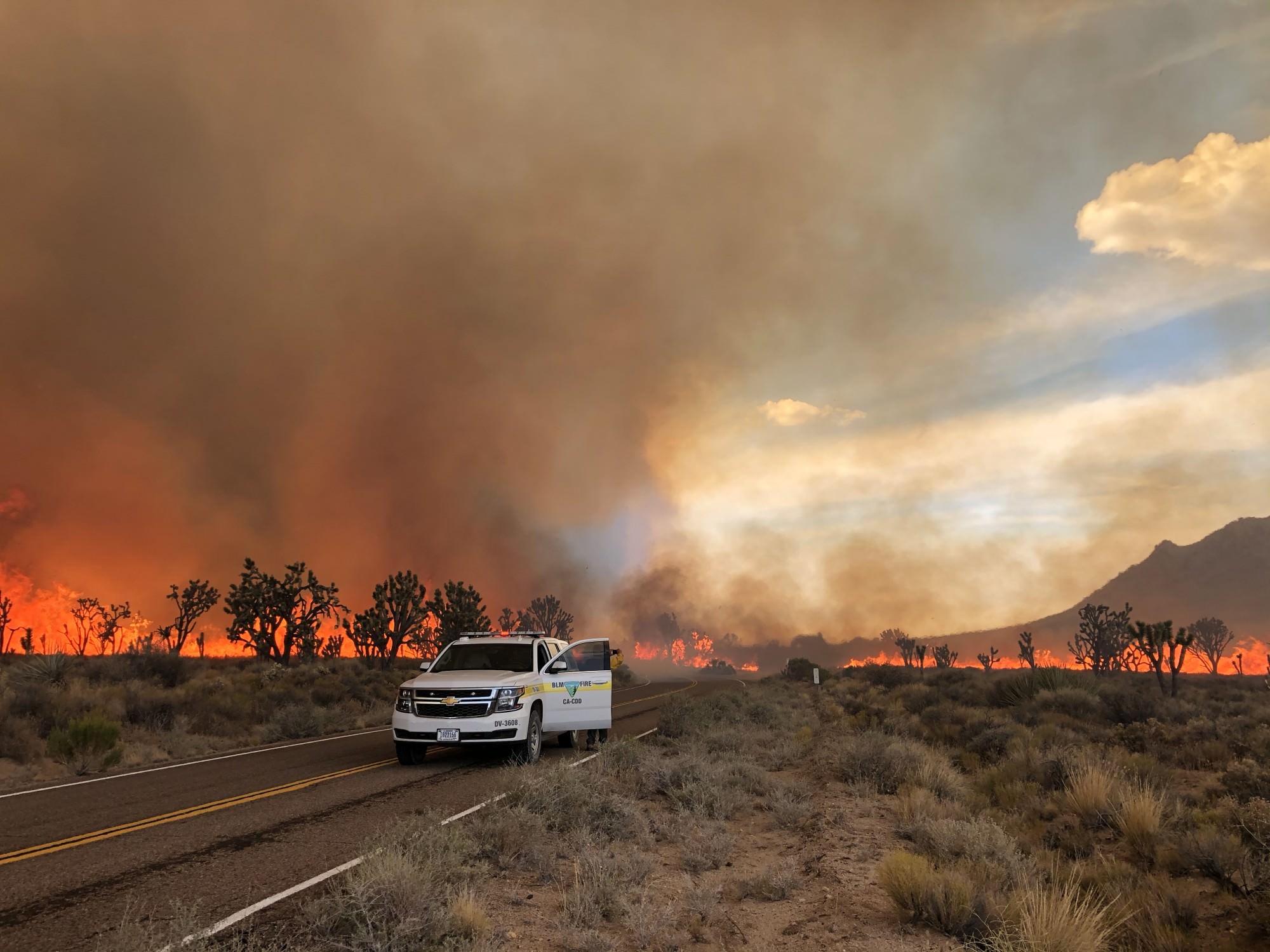World
Global Losses from Natural Disasters Reach $270 Billion, Less Than Half Covered by Insurance - Swiss Re Chief Economist
By Belal Awad · July 20, 2023

In a recent report published by the Swiss Re Institute, the research arm of the insurance giant, startling data reveals that global economic losses tied to natural disasters reached a staggering $270 billion last year. Shockingly, less than half of these losses were covered by insurance, highlighting a significant financial burden on both individuals and economies around the world.
Jerome Haegeli, Group Chief Economist at the Swiss Re Institute, emphasized the dire consequences of climate change on economic stability in a recent interview with CNN. He stated, “The frequency and severity of natural catastrophes are very much interacting with the economic environment.” Haegeli pointed out that rising heat waves, precipitation, floods, and other extreme weather events have led to substantial losses in the global economy. According to Haegeli “it’s good that we also see the costs of of the climate change and again, put a price tag of climate change and, absolutely, CO2.”
Haegeli explained the impact of Hurricane Ian, stating, “If you look at what drove it last year, Hurricane Ian and if you look at Hurricane Ian, it’s actually the second costliest hurricane after Hurricane Katrina. So definitely a very serious environment with climate change having a real impact on economics.”
In the interview, Haegeli refers to the “double whammy,” of higher inflation leading to increased costs: “Higher inflation means higher prices and higher prices. What does it mean? It means also higher costs of replacing goods or replacing physical goods, but also costs of physical losses.” referring to costs of rebuilding and compensating for the losses incurred due to natural disasters.
As climate change continues to take its toll, Haegeli also pointed out that the long-term viability of traditional insurance models comes into question: “If the event is always happening at the same place… Don’t build where you’re always going to be exposed to floods or hurricanes.”
To address the mounting challenges, Haegeli urged immediate action and adaptation to mitigate climate change effects. He suggested that investing in sustainable infrastructure and reducing investment barriers for green projects could help narrow the climate financing gap. Haegeli stated, “We need to lower the investment barriers, especially for long-term investments, lower investment barriers for green and sustainable infrastructure investments. That would go a long way to actually narrow these climate financing gaps.”
The research conducted by the Swiss Re Institute estimates that a staggering $10 trillion per year is required to decarbonize economies and achieve net-zero emissions by 2050. Haegeli stressed, “We are talking trillions. There’s $10 trillion missing in terms of financing to get to decarbonize our economies and to get to net zero.”
While the path ahead may seem daunting, there is cause for optimism. Recent COP events have brought increased attention to climate financing, fostering hope for significant breakthroughs. However, Haegeli expressed concern, stating, “A lot of pledges out there need to make sure that pledges also turn to actions… but we have to start somewhere.”
As global leaders gather to discuss financing strategies and climate change mitigation, the challenge remains to transform pledges into practical and impactful actions. Addressing the climate crisis demands collective efforts, innovative solutions, and a commitment to securing a sustainable future for all..
Light Wave commentary
The data presented by the Swiss Re Institute underscores the pressing urgency of addressing climate change and its profound impact on the global economy. As a journalist, it is crucial to remain impartial and refrain from sensationalizing the issue. Instead, the focus should be on informing readers about the facts and implications of natural disasters, rising inflation, and the inadequacy of insurance coverage.
The story highlights the importance of sustainable investments and adaptation to mitigate climate change effects while shedding light on the need for a significant carbon tax to incentivize greener practices. By offering a balanced perspective, the article encourages readers to reflect on the role they can play in fostering a more sustainable future.
Overall, reporting on climate change and its economic ramifications requires a commitment to accuracy and objectivity, presenting the information in a clear and accessible manner to foster greater public understanding and engagement.